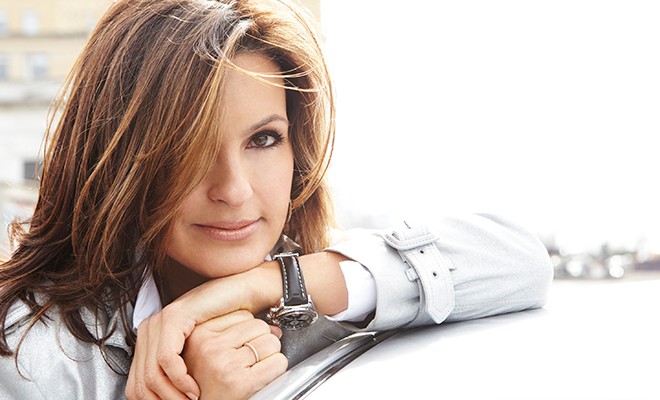
I recently told someone the story of my journey with Law & Order: SVU and how I came to create the Joyful Heart Foundation. I talked about doing research to play Olivia Benson, and how I encountered staggering statistics about sexual assault, domestic violence, and child abuse. I was asking why everyone wasn’t talking about these issues, and why they weren’t dominating the headlines and the evening news. I talked about the letters I started receiving from survivors disclosing their stories of abuse, and about how I wanted to answer — really answer — those letters, how I wanted to address the suffering they described and honor acts of courage they represented.
I answered with Joyful Heart, with the intention of helping survivors heal and reclaim a sense of joy in their lives.
Telling the story made me proud. At the same time, a part of the story troubled me deeply: Survivors still largely face the same cultural attitudes that contribute to silencing them and preventing them from coming forward as when I started on the show, and despite the prevalence of these crimes — to which statistics attest — these issues remain the most underfunded, under-researched, under-regarded social ills of our day:
- 1 in 3 women experience physical or sexual abuse by an intimate partner in her lifetime
- 1 in 4 women and 1 in 6 men were sexually abused before the age of 18
- Every two minutes, someone is sexually assaulted in the United States
- More than 5 children die every day in the United States as a result of child abuse and neglect
These facts, after they give me pause, also give me instruction. They tell me that there is still much work to be done. They tell me that the challenges we face in bringing an end to this violence are formidable. They also tell me to redouble our efforts to bring progress, cultural shifts and movement — simply put, change.
Today, Joyful Heart is a national organization with offices in Honolulu, Los Angeles, and New York. Our mission is to transform society’s response to sexual assault, domestic violence and child abuse, support survivors’ healing and end this violence forever. We are paving the way for innovative approaches to treating trauma, igniting shifts in the way the public views and responds to sexual assault, domestic violence and child abuse, and reforming and advancing policies and legislation to ensure access to justice for survivors.
We see signs of the change we seek everywhere, and nowhere more than in the smart, engaged, committed, creative, determined people applying their best thinking to these issues. They’ll me with hope — and with deepest gratitude.
Joyfully,
Mariska Hargitay




